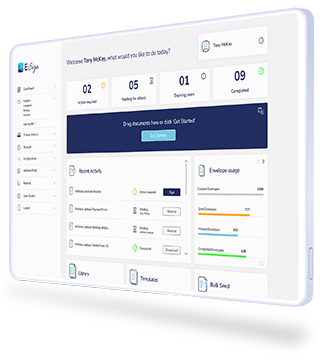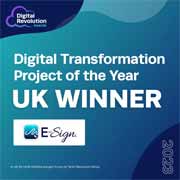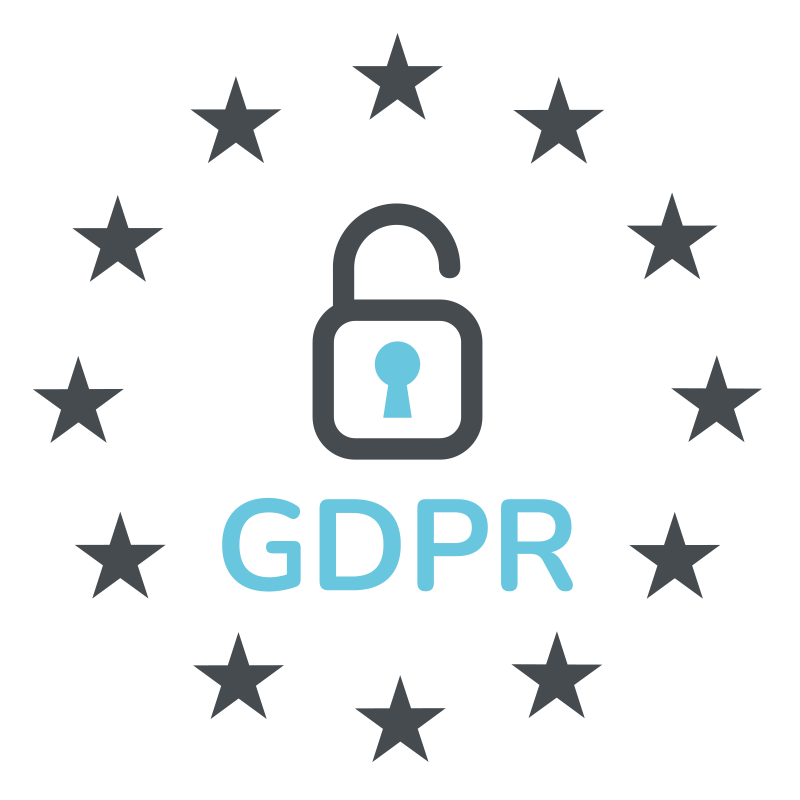The Legality of eSignatures in South Korea
Explore the legality of electronic signatures in South Korea and the laws and regulations that govern their use.

Trusted By
Are eSignatures Legally Binding in South Korea?
Documents that can be signed electronically
In South Korea, practically any document can be signed with an electronic signature, except surety contracts.
Electronic signature guidance
In general, there are no restrictions on the use of electronic signatures. For example, electronic signatures can be used for general meeting minutes of shareholders/board of directors meetings. However, if the corporate resolution contains a “registrable matter” and the relevant documents need to be submitted to a corporate registration court, these documents are typically affixed with personal or corporate seals rather than electronic signatures.
Also, because government filings are official documents rather than contracts, the use of e-signatures may be accepted at the discretion of the relevant government authority. But there are no legal restrictions on their use.
Types of e-signature permitted in South Korea
The Digital Signature Act of Korea accepts electronic signatures of any type as long as they can identify the signer and establish that the signature was signed by the relevant signer. The Act states that the enforceability of an e-signature cannot be denied solely based on the fact it is in electronic form. An electronic signature is enforceable as long as the relevant statutes or the agreement between the parties to a contract, permit the use of the signature as valid.
The Act has also established Guidelines on Electronic Signature Certification Services for certified electronic (digital) signatures. These enhanced signatures can be certified based on a compliance assessment with the requirements under the guidelines.
Notable legality changes since 2020
None.
Publicly Accessible Links to Laws/Regulations Discussed
Disclaimer
The content provided on this website is meant for general informational use only and does not constitute legal advice. Legal regulations on this topic can evolve rapidly, so E-Sign does not ensure that the information presented here is always up-to-date or accurate. If you have particular legal concerns regarding any details on this site, it is recommended that you consult with a licensed attorney in your jurisdiction.
Last Updated 9th October 2024




























